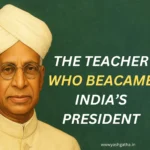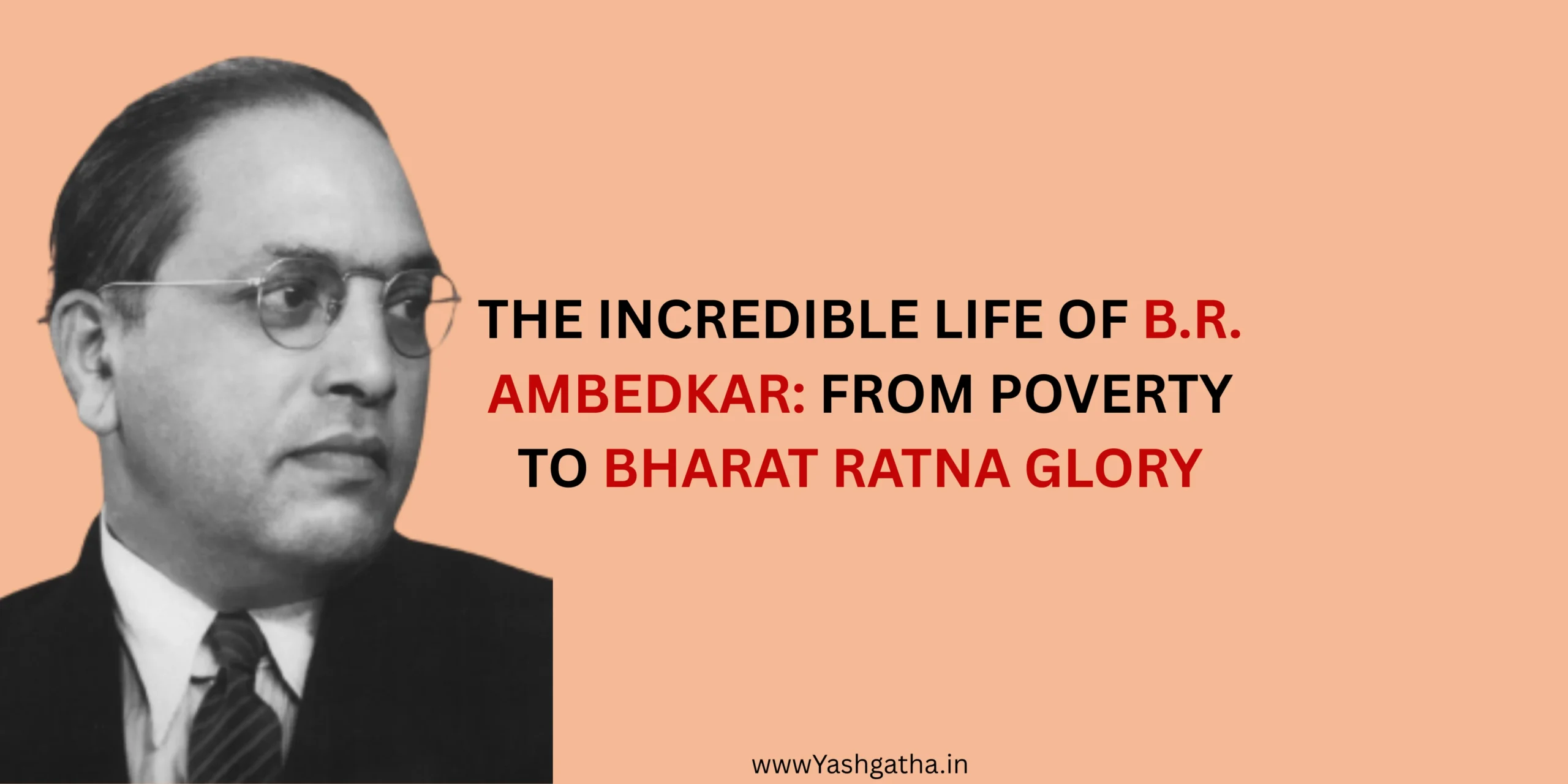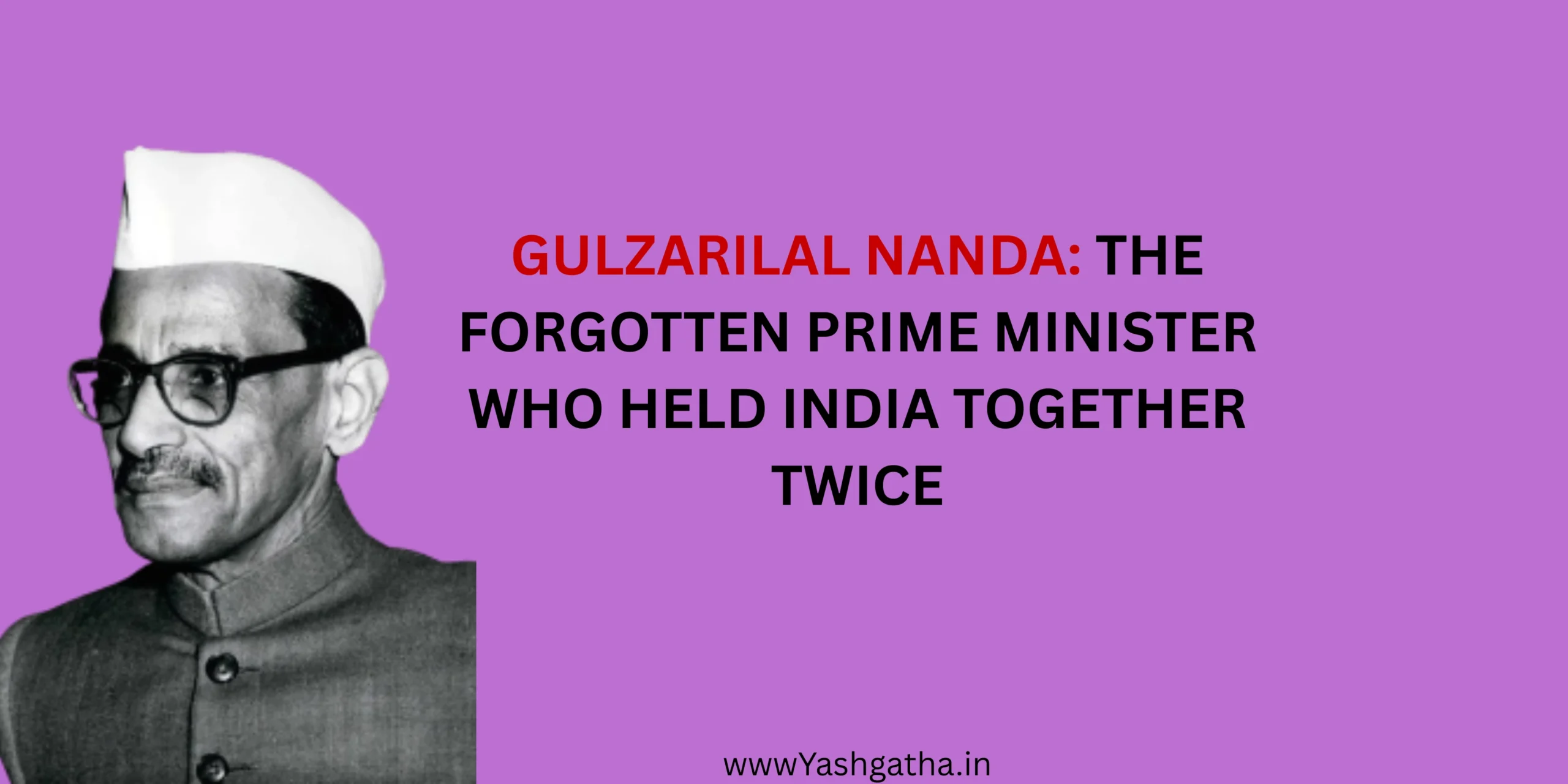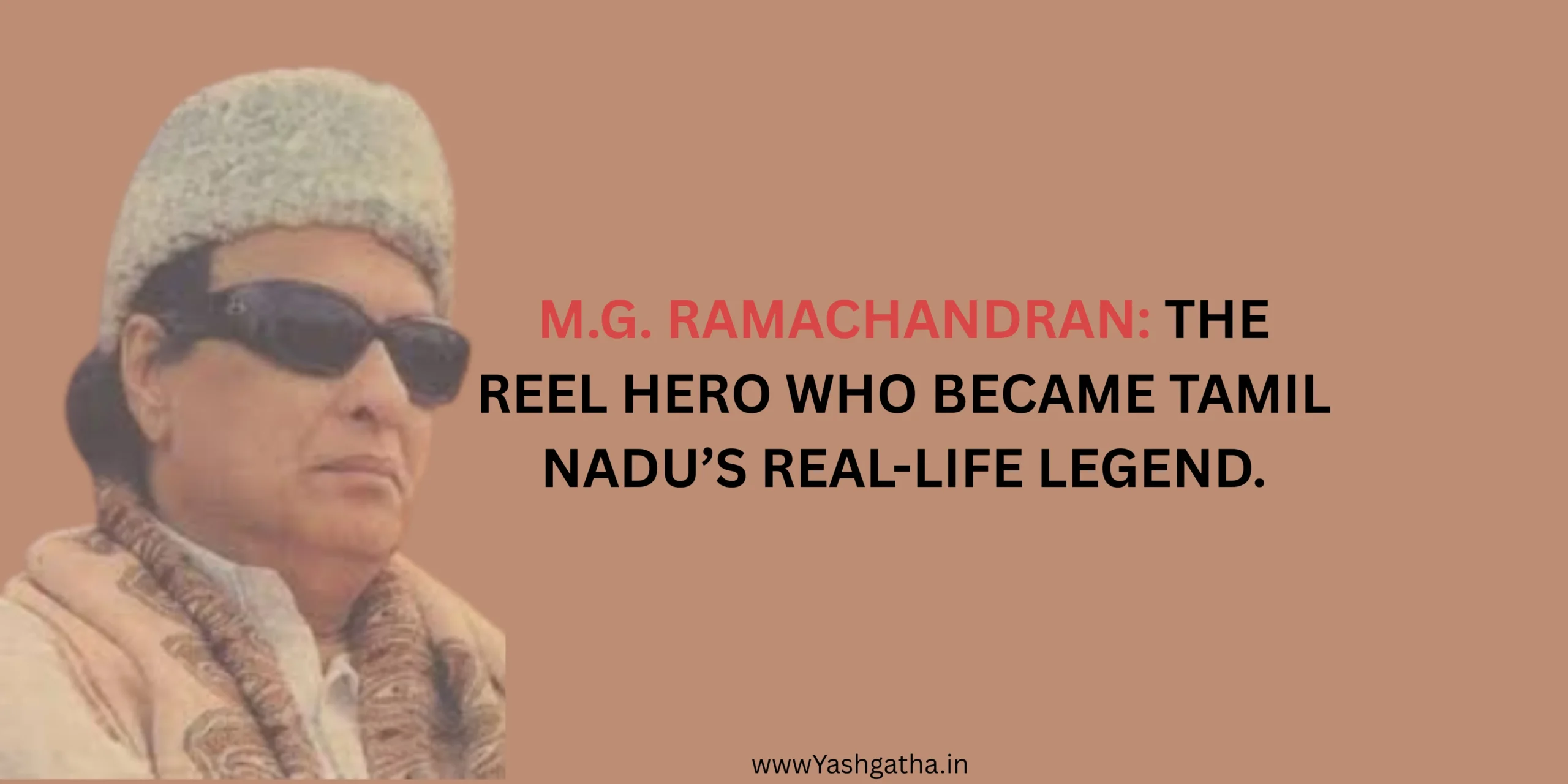C. Rajagopalachari, fondly referred to as Rajaji, was a stalwart in Indian politics and a pivotal figure in the nation’s struggle for independence. Born on December 10, 1878, in the small town of Thiruchirappalli, Tamil Nadu, his academic brilliance and fervent nationalism set the stage for a remarkable journey dedicated to public service. A lawyer by training, Rajagopalachari’s early exposure to the socio-political landscape of India shaped his ideals and aspirations, leading him to join the freedom movement alongside prominent leaders such as Mahatma Gandhi and Jawaharlal Nehru.
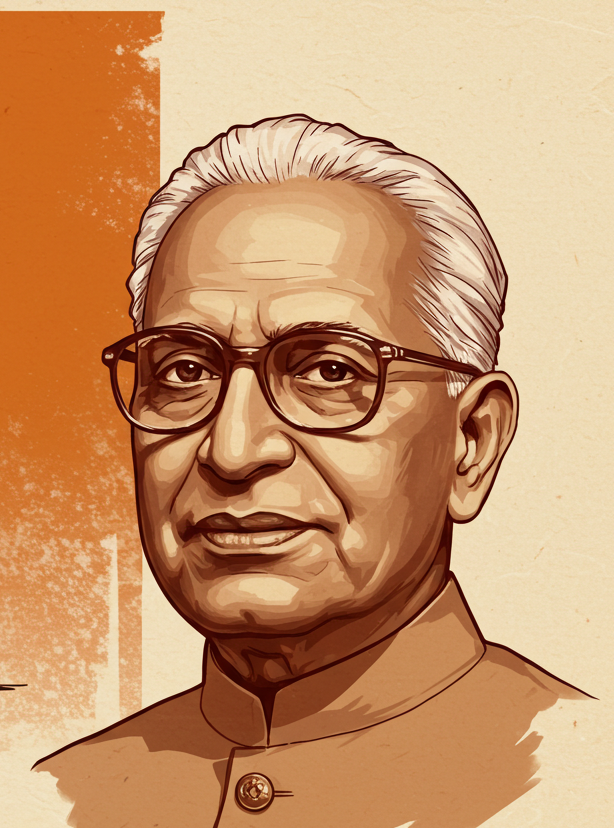
Throughout his illustrious career, Rajagopalachari demonstrated exemplary leadership and unwavering commitment to the country, notable for his articulate approach to complex issues. He played a significant role in the Indian National Congress and was instrumental in mobilizing mass support against colonial rule. His participation in the Salt March in 1930, which epitomized civil disobedience, underscored his dedication to non-violent resistance. Subsequently, he held various esteemed positions, including the first Indian Governor-General of independent India, where he contributed to shaping policies that laid the foundation for the new nation.
In addition to his political endeavors, Rajagopalachari was also a prolific writer and a thinker who engaged deeply with the philosophical and cultural dimensions of Indian society. His literary contributions ranged from translations of classical texts to original writings that advocated Indian philosophy, showcasing his vision of a progressive society rooted in its rich heritage. His efforts culminated in numerous accolades, most notably the Bharat Ratna, India’s highest civilian award, which was bestowed upon him in 1954. This recognition highlighted not only his political acumen but also his dedication to the welfare of the Indian populace.
Early Life and Education
C. Rajagopalachari, commonly referred to as Rajaji, was born on December 10, 1878, in the town of Thorapalli in the Krishnagiri district of Tamil Nadu, India. He was born into a Tamil Brahmin family, which significantly influenced his upbringing and values. His father, Chakravarti Rajagopalachari, was a school headmaster, and his mother, Venkatalakshmamma, was a homemaker. This familial environment emphasized the importance of education and ethics, which molded Rajagopalachari’s character from an early age.
Rajagopalachari attended the local school in his hometown before moving to the prestigious Central College in Bangalore. His dedication to study and thirst for knowledge enabled him to excel academically. Although he initially pursued a degree in mathematics, his interests soon shifted towards literature and politics. This transition reflected his growing passion for social issues and the Indian independence movement, which would later define his public life and career.
During his time in college, Rajagopalachari was deeply influenced by the works of renowned figures such as Swami Vivekananda and Rabindranath Tagore. Their philosophies inspired him to explore the intricate relationship between spirituality and social reform. His engagement in student politics at the college level, particularly in advocating for social justice and education reforms, laid the groundwork for his future activism.
Rajagopalachari’s early years were characterized by a blend of personal ambition and a commitment to societal improvement. His education not only equipped him with knowledge but also instilled a sense of responsibility towards his fellow citizens. These formative experiences played a crucial role in shaping his beliefs and aspirations, influencing his approach to leadership and governance in the years to come.
Political Career and Leadership
C. Rajagopalachari, often referred to as Rajaji, played a significant role in the political landscape of India, particularly during its tumultuous journey towards independence. His political career was deeply intertwined with the Indian National Congress, the leading force behind India’s freedom struggle. Rajagopalachari was not merely a participant; he was a fervent activist whose commitment to non-violent resistance and civil disobedience was evident during the Salt March of 1930, where he took a stand alongside Mahatma Gandhi against oppressive colonial laws.
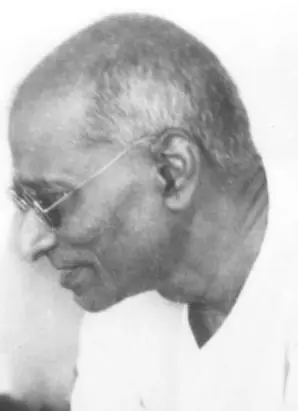
After India gained independence in 1947, Rajagopalachari transitioned into a prominent leadership role within the nascent political environment of the country. He became the first Indian Governor-General of independent India, a position he held from 1948 to 1950. This appointment marked a critical phase in his career, as he embodied the values of democratic governance and worked towards laying the foundations of a robust administrative structure. Rajagopalachari advocated for various reforms, emphasizing unity and social justice during a period when India was grappling with communal tensions and rebuilding.
Following his term as Governor-General, Rajagopalachari continued to influence Indian politics as the Chief Minister of Tamil Nadu from 1952 to 1954. His leadership was marked by significant advancements in agriculture and education, which were critical for the development of the state. Rajagopalachari’s efforts to promote the ‘Vanniyar Sangam’ aimed at uplifting marginalized communities underscored his commitment to social equity. His post-independence contributions, both as a leader and administrator, are emblematic of his dedication to service, setting a precedent for future generations to pursue the ideals of leadership with integrity and compassion.
Contributions to Society and Governance
C. Rajagopalachari, also known as Rajaji, was a prominent figure in India’s fight for independence, and his contributions to governance and social reform have left an indelible mark on Indian society. As a statesman, he served as the last Governor-General of India, and later, as the Chief Minister of Tamil Nadu. His policies were characterized by a pragmatic approach to governance, emphasizing the need for both progress and tradition.
One of Rajagopalachari’s pivotal initiatives was the establishment of a series of educational reforms aimed at improving literacy rates and providing access to quality education across the state. He believed that education was a fundamental tool for societal change and advocated for a curriculum that included both vocational training and moral education. This forward-thinking approach laid the groundwork for future generations and illustrated his commitment to uplifting the marginalized sections of society.
In addition to education, Rajagopalachari was actively involved in various social reform movements. He championed initiatives that addressed social inequalities, particularly in relation to caste and gender. His efforts to eradicate untouchability and promote women’s rights reflected a vision of a more equitable society. Through his advocacy for social justice, Rajagopalachari exemplified the principles of public service that emphasized the importance of inclusivity and compassion.
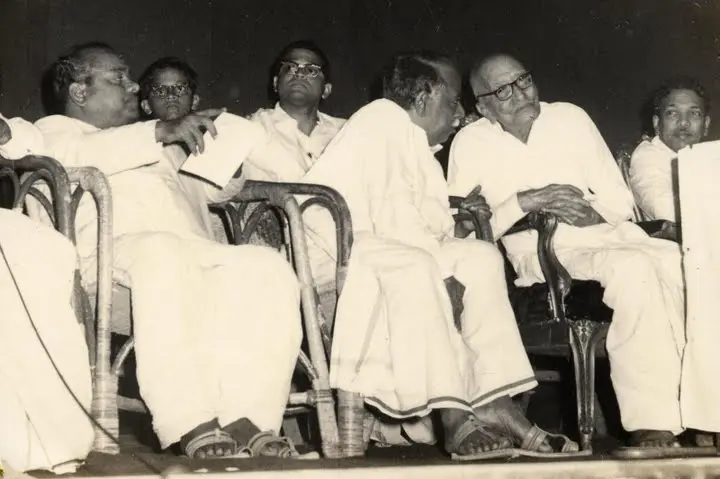
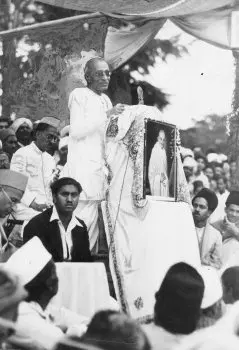
During his tenure as a leader, Rajagopalachari also focused on economic policies that aimed to promote agricultural development and rural empowerment. By integrating traditional agricultural practices with modern techniques, he sought to enhance productivity and improve the livelihood of farmers. His approach was not just about economic growth, but also about ensuring that the benefits of development reached the entire population.
Overall, C. Rajagopalachari’s legacy in public service and administration persists today, with his contributions continuing to inspire future leaders and policy-makers in their pursuit of a just and prosperous society.
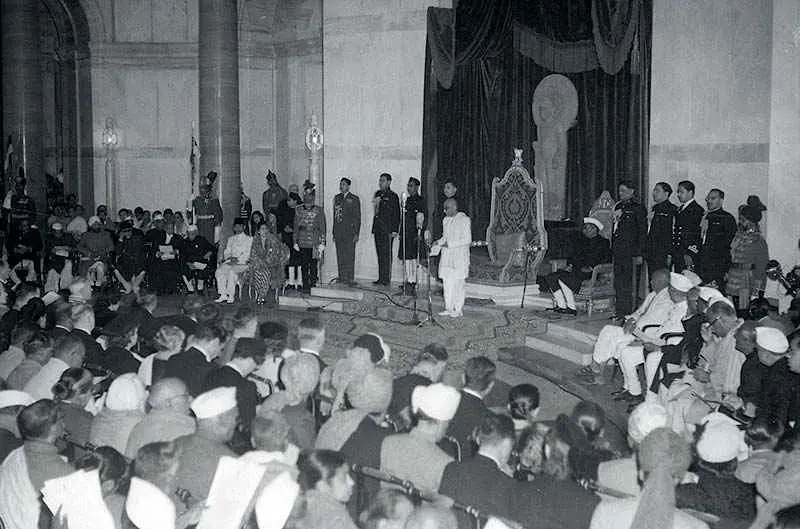
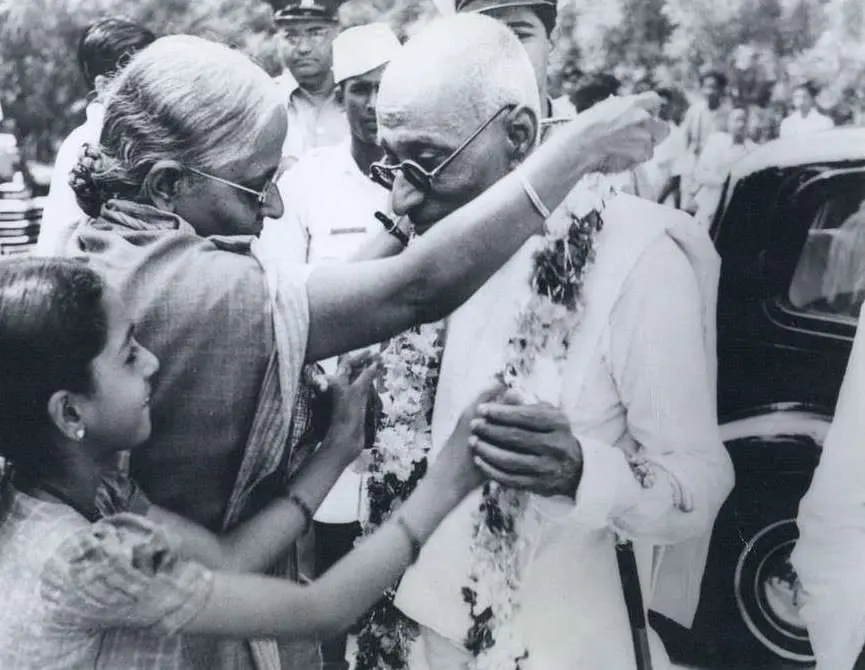
Literary Contributions and Intellectual Legacy
C. Rajagopalachari, often referred to as ‘Rajaji’, was not only a prominent political leader but also an influential writer and thinker whose literary contributions have left an indelible mark on Indian literature. He was adept in multiple languages, including Tamil, English, and Sanskrit, facilitating his rich, multifaceted exploration of themes that resonate throughout Indian culture. His writings often reflect his profound understanding of Indian tradition and philosophy, and he effectively bridged the gap between ancient thought and contemporary issues.
One of Rajagopalachari’s significant literary works is “Mahabharata,” which he retold in a concise form, making it accessible to the general populace. His adaptation of this epic was celebrated for its narrative simplicity, yet it retained the depth and complexity of the original text. This work has played a crucial role in inspiring generations by rekindling interest in India’s classical literature, and it reflects his commitment to make the wisdom of ancient texts relevant to modern times.
Moreover, Rajagopalachari was an advocate of rational discourse, promoting values rooted in ethics and morality. His essays and commentaries often explored various philosophical thoughts, urging readers to reflect on Indian identity and individuality. Through his literary endeavors, he addressed pressing social issues, engaging with topics such as nationalism, education, and social reform. His intellect was instrumental in shaping the socio-political landscape of India during pivotal moments in its history.
Rajagopalachari’s legacy extends beyond his political contributions. As a thinker who valued literature as a vehicle for social change, his insights continue to inspire discussions about Indian culture and identity. His ability to weave philosophical inquiry with literary expression has left a lasting intellectual legacy, ensuring that his works remain an essential part of the Indian literary canon.
Challenges and Downfalls
C. Rajagopalachari, often referred to as Rajaji, encountered numerous challenges throughout his life, both in his political career and personal endeavors. Born into a modest family, the early years of his education and professional pursuits were marked by financial constraints. Despite these difficulties, Rajagopalachari was determined to pursue a career in law, which led him to ultimately establish a budding legal practice. However, the societal and political landscape at the time posed significant hurdles.
As Rajagopalachari rose to prominence in Indian politics, particularly as a leader of the Indian National Congress, he faced opposition from various quarters. His steadfast commitment to independence and social reform often put him at odds with contemporaries who held differing viewpoints. The most notable challenges emerged during the tumultuous times of the Indian independence movement when he had to navigate internal party discord and external pressures from the British authorities. His outspoken nature and willingness to challenge the status quo often resulted in his imprisonment, which was a significant personal and professional setback. Nevertheless, he remained undeterred and used these experiences to reinforce his resolve and commitment to India’s freedom.
Furthermore, Rajagopalachari’s post-independence career also experienced setbacks. His role as the Governor-General of India was critically scrutinized, and his vision for a united India was not universally embraced. Despite facing political dissent and opposition to his ideals, Rajagopalachari demonstrated remarkable resilience. He utilized his extensive experience in leadership to address these challenges, often engaging with his critics in a constructive dialogue. His ability to rise above these challenges showcases his unwavering dedication to serving the nation. Ultimately, the challenges he faced played a crucial role in shaping his character and contributions to modern India, illustrating that setbacks can often lead to greater achievements.
Recognition and Bharat Ratna Award

C. Rajagopalachari, widely regarded as a pivotal figure in India’s struggle for independence, was bestowed with the Bharat Ratna, the nation’s highest civilian award, in 1954. This prestigious recognition is awarded to individuals who have made exceptional contributions in various fields, including art, literature, science, and public service. The criteria for this honour incorporate not only a person’s accomplishments but also their enduring impact on society and the nation as a whole. Rajagopalachari’s multifaceted career and relentless dedication to the cause of Indian independence and governance exemplified these criteria, making his selection a fitting tribute to his legacy.
The Bharat Ratna award plays a crucial role in emphasizing the significance of integrity, perseverance, and commitment to the nation. For Rajagopalachari, this honour recognized his extensive contributions, including serving as India’s first and only Governor-General after independence, his role as a prominent leader in the Indian National Congress, and his efforts in shaping post-colonial India’s policies. His advocacy for social reforms, including the promotion of education and rural development, demonstrated his unwavering belief in the principles of democracy and justice.
The award also holds substantial significance for the nation as it reflects the values and ideals that Rajagopalachari embodied. His life of service not only inspired countless individuals but also set a standard for future generations of leaders. By honouring him with the Bharat Ratna, the nation acknowledged not just his contributions but the embodiment of a spirit that strives for excellence and service to humanity. Rajagopalachari’s receipt of this accolade underscores the profound influence of his work on the trajectory of India’s history, cementing his place as a revered figure in the annals of the country. This recognition continues to resonate, serving as a beacon for aspiring leaders committed to the ideals of service and excellence.
Legacy and Impact on Future Generations
C. Rajagopalachari’s life is emblematic of a deeply committed leader whose impact transcends his time. As a stalwart figure in India’s independence movement, he showcased values such as integrity, service, and commitment to the welfare of society. These principles form the bedrock of his enduring legacy, which continues to inspire current and future generations in India.
Rajagopalachari’s approach to public service was marked by a strong ethical framework, which remains relevant today. Leaders and citizens alike can draw lessons from his unwavering dedication to the upliftment of the common people. His vision of self-reliance, encapsulated in the promotion of cottage industries and local governance, has roots in the Gandhian philosophy of empowerment, underscoring the importance of grassroots development. This aspect of his legacy encourages modern leaders to focus on sustainability and local initiatives, ensuring that the fruits of progress reach all segments of society.
Moreover, Rajagopalachari’s literary contributions and advocacy for education have perpetuated his influence beyond politics. His writings resonate with themes of social justice, reflecting his belief that knowledge is a pivotal tool for empowerment. By promoting education and critical thinking, he instils a sense of responsibility among future leaders, urging them to engage with societal issues thoughtfully and compassionately.
The foundational values established by Rajagopalachari serve not only as guiding principles for political leaders but also for citizens striving to contribute positively to their communities. His emphasis on nationalism merged with ethical governance inspires individuals to pursue leadership roles grounded in service to others. As the nation navigates contemporary challenges, the lessons derived from Rajagopalachari’s life remain vital for fostering a culture of respectful dialogue, civic engagement, and unwavering commitment to service.
Conclusion: The Enduring Spirit of C. Rajagopalachari
C. Rajagopalachari, known affectionately as Rajaji, left an indelible mark on Indian history through his unwavering commitment to the nation and its people. His life exemplifies a blend of integrity, leadership, and selfless service that inspires countless individuals even today. From his role in the freedom struggle to his tenure as the first and only Indian Governor-General, Rajagopalachari’s contributions were pivotal in shaping modern India.
His tireless efforts in promoting the concept of ‘Grama Swaraj’ underscored his belief in decentralized governance, aiming to empower the rural populace. The principles he espoused continue to resonate, particularly in discussions around grassroots democracy and local governance in contemporary India. Additionally, his emphasis on education and social reform highlighted the importance of inclusivity in nation-building, a lesson that remains highly relevant in today’s socio-political landscape.
Moreover, Rajagopalachari’s literary contributions, particularly in the form of inspiring writings and translations, showcase his dedication to Indian culture and heritage. Through his narratives, he played a crucial role in fostering a sense of unity and national identity among diverse communities. His life serves as a reminder of the responsibilities of leadership and the impact of individual actions on society.
In reflecting on the legacy of C. Rajagopalachari, one cannot overlook the importance of commitment to public service, ethical governance, and the pursuit of justice. His enduring spirit, marked by service and excellence, invites current and future generations to embody these values in their own lives. In conclusion, Rajagopalachari’s contributions remind us of the power of dedication and the transformative impact of a life devoted to the greater good.


